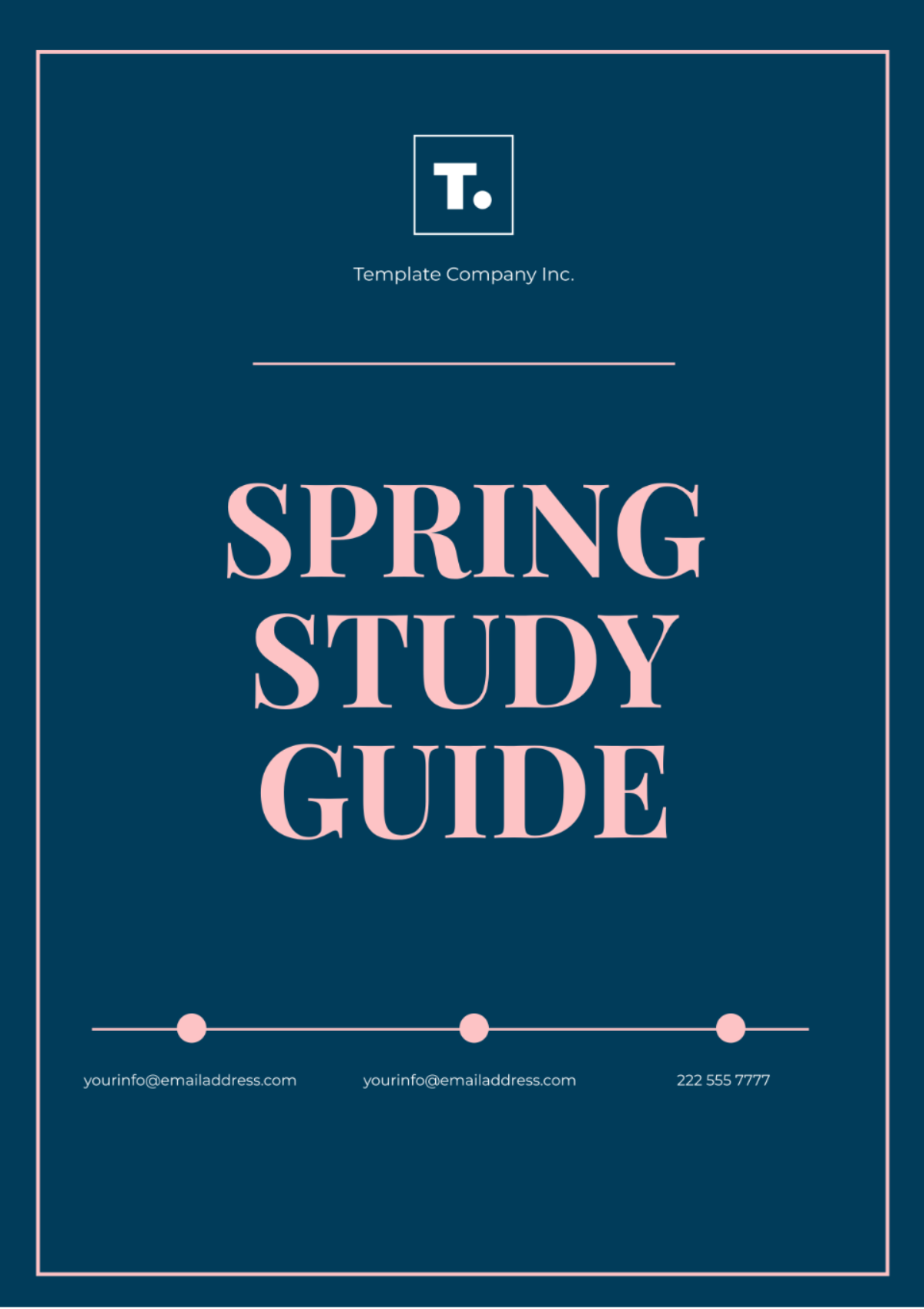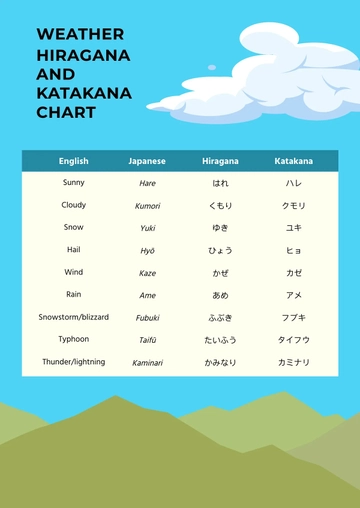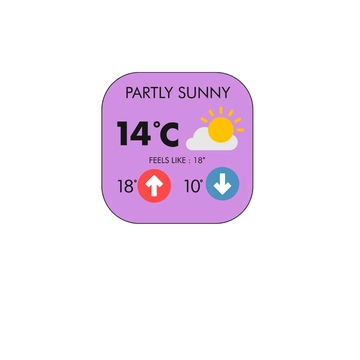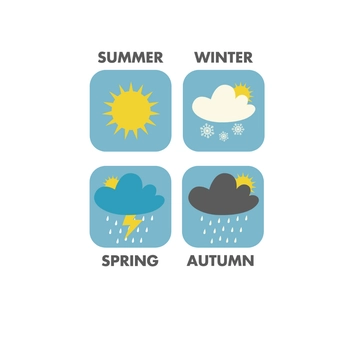Free Spring Study Guide

I. Introduction
Welcome to the [YOUR SCHOOL/ORGANIZATION] Spring Study Guide! This guide is designed to help you prepare effectively for your upcoming spring exams and coursework. Whether you're a [HIGH SCHOOL STUDENT/COLLEGE STUDENT/GRADUATE STUDENT], this guide will provide you with valuable strategies and resources to succeed. For any inquiries or further assistance, feel free to contact [YOUR CONTACT EMAIL] or call us at [YOUR CONTACT PHONE NUMBER].
II. Understanding the Spring Semester
A. Academic Calendar
Familiarize yourself with the important dates and deadlines of the spring semester.
Note key dates such as [MIDTERM EXAMS/FINAL EXAMS/PROJECT DUE DATES].
B. Course Syllabi
Review the syllabi for your courses to understand the content and expectations.
Identify major assignments, exams, and required readings.
C. Goal Setting
Set clear and achievable academic goals for the spring semester.
Break down your goals into smaller, manageable milestones to track your progress.
III. Core Study Strategies
A. Time Management
Allocate dedicated time slots for studying each day, considering your other commitments.
Use techniques such as the Pomodoro Technique or time blocking to maximize focus and productivity.
B. Active Learning
Engage with the material actively through techniques such as summarizing, paraphrasing, or teaching.
Use [FLASHCARDS/MIND MAPS/DIAGRAMS] to visualize and organize complex information.
C. Note-Taking
Utilize effective note-taking methods such as the Cornell Method or outline method.
Regularly review and update your notes to reinforce your understanding.
IV. Subject-Specific Tips
A. Mathematics and Science
Practice solving problems and equations regularly to build proficiency.
Review fundamental concepts and formulas frequently to retain key information.
B. Humanities and Social Sciences
Focus on understanding theories, concepts, and historical contexts.
Develop strong analytical and critical thinking skills through reading and writing exercises.
C. Languages
Practice speaking, listening, reading, and writing in the language you're studying.
Use language learning apps, flashcards, and conversation practice to enhance your skills.
V. Exam Preparation
A. Practice Tests
Take practice tests to familiarize yourself with the exam format and timing.
Review your answers and analyze your mistakes to identify areas for improvement.
B. Review Sessions
Attend review sessions offered by your instructors or study groups.
Discuss challenging topics and clarify any doubts you may have.
C. Stress Management
Practice relaxation techniques such as deep breathing or meditation to manage exam stress.
Ensure you get adequate sleep and maintain a healthy diet during the exam period.
VI. Resources
A. Textbooks and References
Recommended textbooks, articles, and journals for your courses.
Online resources, databases, and libraries for further exploration.
B. Multimedia Tools
Interactive videos, tutorials, and webinars on key topics.
Podcasts, documentaries, and TED talks related to your subjects.
C. Study Groups
Join study groups or peer learning sessions to discuss and review course material.
Collaborate with classmates to share notes, resources, and study tips.
VII. Additional Support
A. Tutoring Services
Utilize tutoring services offered by [YOUR SCHOOL/ORGANIZATION].
Schedule sessions with tutors to get help with challenging subjects.
B. Academic Advising
Meet with academic advisors to discuss your progress and academic plans.
Seek advice on course selection, career paths, and academic strategies.
C. Counseling Services
Access counseling services for support with stress, anxiety, or personal issues.
Participate in workshops or group sessions on topics such as time management and study skills.
VIII. Additional Sections
A. Study Schedule Template
Create a personalized study schedule to manage your time effectively.
Include dedicated time slots for [LECTURES/READINGS/ASSIGNMENTS/REVISION].
B. Technology and Tools
Recommended apps and tools for [NOTE-TAKING/TIME MANAGEMENT/ORGANIZATION].
Explore how technology can enhance your study habits and productivity.
C. Health and Wellness
Tips for maintaining physical and mental health during the semester.
Strategies for balancing [STUDY/LIFE] to prevent burnout and stay motivated.
D. Feedback and Reflection
Regularly assess your progress and adjust your study strategies as needed.
Reflect on what methods work best for you and areas where you can improve.
IX. Custom Content
A. Personalized Advice
Tailor this section with specific advice relevant to your field of study or courses.
Include [PROFESSOR TIPS/INDUSTRY INSIGHTS] to provide additional context and support.
B. Local Resources
Information on local resources such as [LIBRARIES/STUDY CENTERS/COMMUNITY GROUPS].
Highlight opportunities for [NETWORKING/INTERNSHIPS/VOLUNTEER WORK] within your community.
X. Conclusion
Congratulations on taking the initiative to prepare for your spring semester with this study guide! We hope this guide has provided you with the knowledge, skills, and resources needed to excel in your academic endeavors. Remember to stay focused, stay motivated, and believe in your abilities. If you have any feedback or suggestions for improvement, please don't hesitate to reach out. Good luck with your studies!
- 100% Customizable, free editor
- Access 1 Million+ Templates, photo’s & graphics
- Download or share as a template
- Click and replace photos, graphics, text, backgrounds
- Resize, crop, AI write & more
- Access advanced editor
Boost your spring study sessions with Template.net's Spring Study Guide Template. Fully editable and customizable, this template ensures personalized organization. Effortlessly editable in our AI Editor Tool, it’s designed to cater to your unique study needs. Simplify your study plans with ease and efficiency.




























